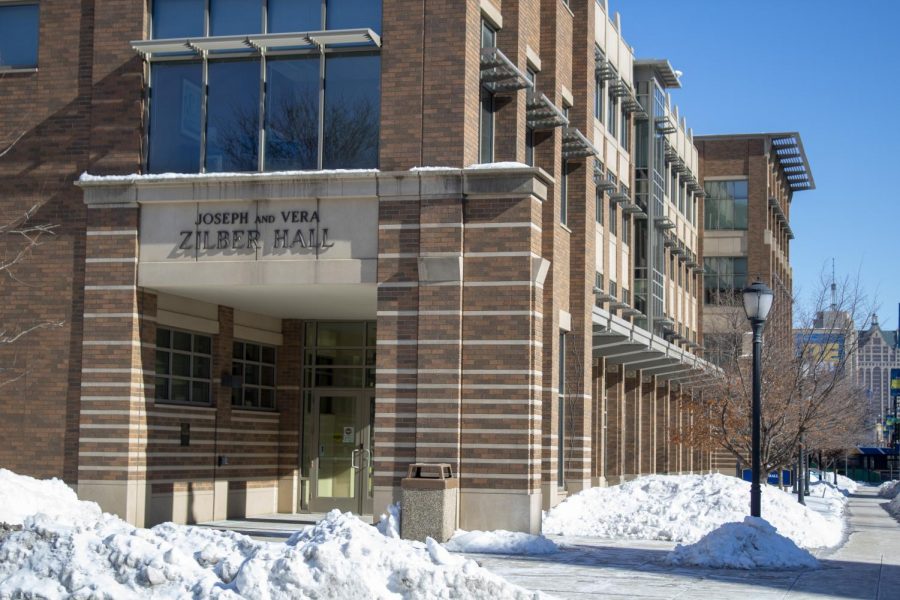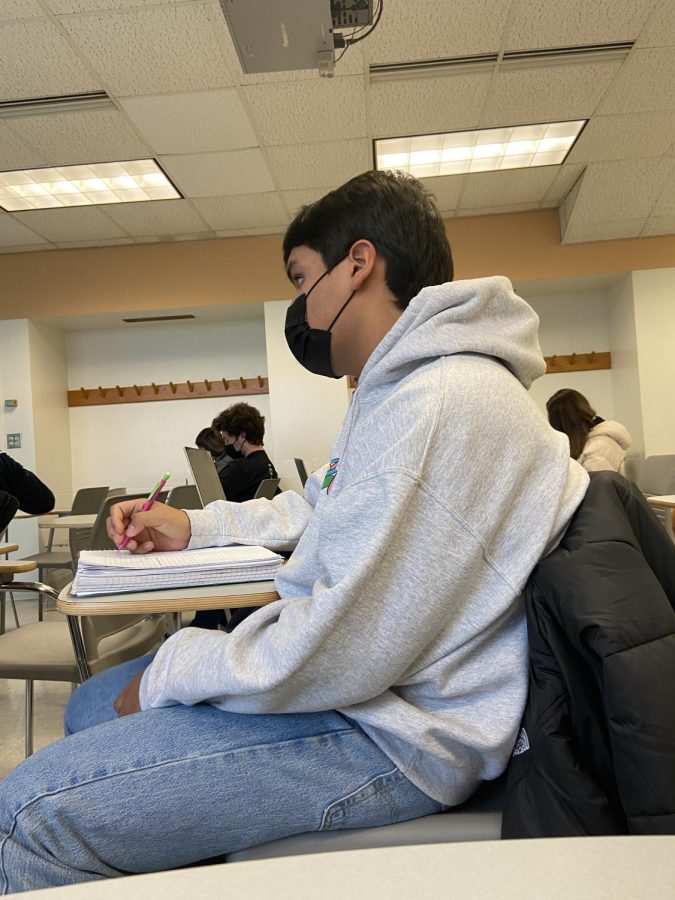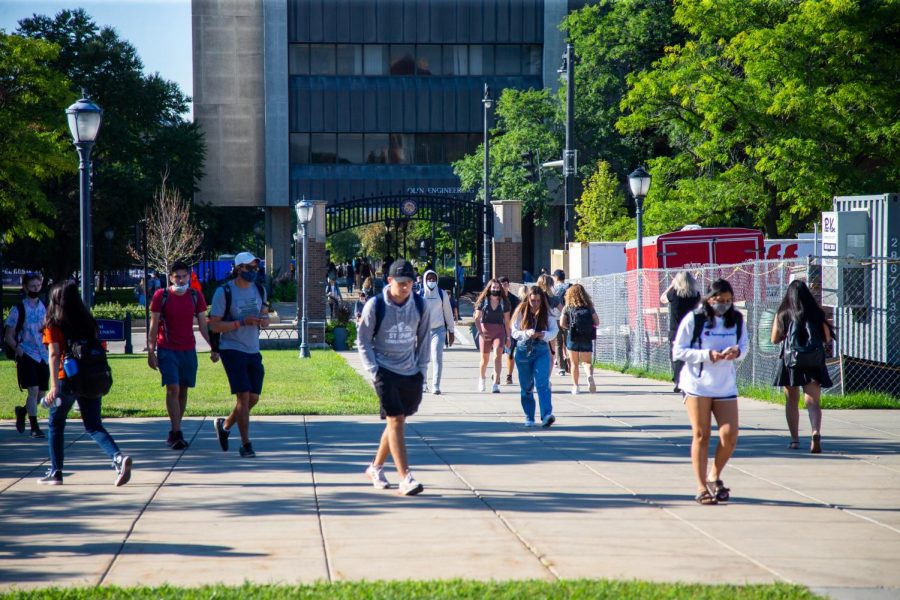
Marquette faculty and staff are not disposable. They are essential to enhancing students’ experience at Marquette and creating long-lasting change on and off campus.
The university should not fire any faculty or staff.
The Marquette Wire supports faculty and staff and their right to job protection and better treatment from the university, especially during the middle of a pandemic.
Due to COVID-19 economic impacts leaving a $45 million budget deficit and concerns of future decreases in student enrollment, the university announced that it would potentially lay off 250 to over 300 faculty and staff members.
The first faculty and staff to be cut would be nontenured track faculty and then tenured faculty with less seniority, according to the Marquette Faculty Handbook. This would first impact women and professors of color, as they are among the most recently hired and are therefore nontenured.
Professors have expressed concern that this could lead to institutional whitening of Marquette.
Marquette faculty and staff have formed a union, held a die in protest and a press conference expressing their concerns about layoffs.
The university must not make any cuts to faculty and staff in order to ensure that women and professors of color can stay at Marquette. This is necessary not only to protect members of these groups’ job security, but also to ensure that students’ needs are represented in the faculty and staff they work with.
It is two steps backwards for the small amounts of progress Marquette has made so far, now more than ever, in a world full of chaos and uncertainty, students need to feel represented in their university; this completely takes away that opportunity from students of color and the professors close to them.
Students of color and female students are most likely to relate to professors who are similar to them, as they may share similar lived experiences.
Making these cuts could also impact faculty and staff teaching speciality areas, such as several majors in the humanities. While these fields of study may not be especially popular, students interested in these fields should not lose out on the opportunity to pursue them. Additionally, students may express more interest in these majors and minors if there were courses or funding in programs.
Additionally, the basis for the university’s layoff decisions is from a single source — economist Nathan Grawe’s book “Demographics and the Demand for Higher Education.”
The university has been using Grawe’s book as the only basis for making previous institutional changes, such as laying off faculty and staff at the beginning of the 2019 fall semester and announcing the College of Education could potentially merge with another college.
Grawe argues that higher education will see a 15 to 25% decline in student enrollment by 2026 due to the 2008 economic recession.
The university must consult with additional sources when making decisions that will directly impact and change the lives of its faculty and staff. Cutting faculty and staff cannot be solely about the university’s financial situation.
If the university is concerned with future decreases in enrollment, it should consider other ways to improve its budget, rather than making the decision to cut faculty and staff.
For example, it could consider different factors as to why students may not be coming to Marquette. This could include the cost of tuition, lack of specialty programs or diversity on campus.
The university should also keep faculty and staff involved in the decision-making process.
Several faculty members have expressed that the university is not communicating with them, or keeping them involved. Marquette should follow the principle of “shared governance” and allow faculty and staff to give feedback.
Marquette already didn’t include its community in the decision making process when it came to the health of students and faculty when making the decision about COVID-19, it must not keep repeating the same mistakes.
In the ongoing COVID-19 pandemic, the university must consider all options and not cut faculty and staff.
Editorial topics by the Marquette Wire are decided at weekly meetings between members of the executive board. The editorial is crafted with leadership by the executive opinions editor. The executive board consists of the executive director of the Wire, managing editor of the Marquette Tribune, managing editor of the Marquette Journal, general manager of MUTV, general manager of MUR and nine additional top editors across the organization.












